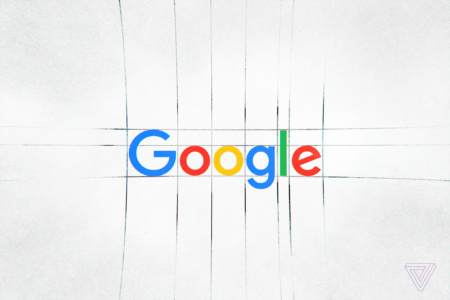
A new AI tool from OpenAI, ChatGPT, offers a potential new model for online search: a chatbot can easily answer complex questions (whether it’s political science or computer programming) and immediately provide detailed answers. Users searching for information on Google must scan through the pages of results until they find the option they need.
Google has long been virtually untouchable in the search space, but several startups (some founded by ex-Googlers) believe that will soon change. They say there is already a shift from keyword-based search to search based on large language models that analyze huge text databases to develop the ability to understand user questions and provide direct answers. This is exactly the technology that ChatGPT uses to respond quickly.
ChatGPT – OpenAI’s new chatbot – is so good that it can easily fool people
Some of the technological breakthroughs behind major language models have been created in Google’s own labs. But workers who have quit in recent years to start their own startups or join others say it may be difficult for companies to tap into the technology’s potential. Mainly because its business model of showing ads next to search results is too profitable to destroy.
Course
BUILDING BUSINESS PROCESSES
Learn how to implement business processes in line with new company goals.
REGISTER!
Google made $54.48 billion in ad revenue last quarter, accounting for 78.9% of gross sales. Search advertising has been the biggest driver of this.
“Google is just a victim of its own success,” says Sridhar Ramaswamy, a former Google advertising executive who is now chief executive of search engine Neeva.
However, large language models have drawbacks. ChatGPT, for example, can provide inaccurate information that appears convincing, and also does not indicate the sources from which the data is obtained. Google, in turn, can direct users to sites that spread misinformation, but providing a fake as the only correct option is a fundamentally different and more risky business.
OpenAI said in a statement that ChatGPT does not include data from the Internet in its responses, and that the current version is in the testing phase — to further develop models that are “safer, more reliable, and more useful.”
Google introduced its Google search engine in 1998, powered by the proprietary PageRank algorithm, which measures the importance of each website after how often other sites link to it. The tool quickly became dominant among other similar resources and the variety of queries and results that Google Search could provide was unmatched. ChatGPT, on the other hand, is trained on a dataset containing information limited to 2021.
In recent years, Google has added new capabilities: for example, searching through a smartphone camera by image or combined search (text + image). The company uses large language models to understand queries and has also incorporated this technology into its “featured snippets” that show key information on search results pages.
With access to vast amounts of data and computing resources, Google seems to have what it takes to do cutting-edge AI work. However, the engineers who work there often want to move faster, so the company faces an outflow of these personnel. In 2017, Google specialists published the article “Attention is all you need”, where they introduced the concept of systems that help AI models focus on the most important pieces of information in the data they are analyzing. A review of LinkedIn profiles shows that of the eight contributors to the article, all but one have moved on to other startups, and at least five have started their own AI ventures.
Paul Buchheit, the former Googler who created Gmail, wrote in a series of messages on Twitter that the company is “a year or two away from total collapse.”
Google may be only a year or two away from complete disruption. AI will eliminate the Search Engine Result Page, which is where they make most of their money.
Any if they jump on AI, they can fully deploy without breaking the most valuable part of their business!
— Paul Buchheit (@paultoo) December 1, 2022
About two-thirds of Google searches are completed without landing a site, according to research by SparkToro and analytics firm Similarweb. This means that the company may just need to tweak its user interface a bit.
Google’s years of success doesn’t stop startups from trying to outdo the search giant. Surge AI – a data labeling platform that works with search startups – conducted research that found that users often prefer search results from new companies like Neeva, You.com and Kagi, especially for queries like recipes
Search startups have adopted different business models. Vectara sells its software to companies, allowing them to offer searches based on large language patterns on their websites. Kagi and Neeva offer unlimited search for regular users for a monthly fee. Strategies such as distillation, in which the output of a large language model is filtered through a smaller model, allowed Neeva to use its computing resources efficiently.
Sridhar Ramaswamy says he still sees great value in the legacy search model, noting that how websites link to each other can still tell a lot about a source’s authority. Neeva has already introduced large language models into its search engine and plans to eventually use them to develop “one-page results” that reveal sources so that users can judge their credibility for themselves.
Character.AI is another product of former Google employees (who, by the way, worked on LaMDA). In September, the startup introduced a site with various chatbot characters that users can interact with in real time. The website publishes a warning – “Remember: everything the characters say is fiction!”, which can justify the inaccurate data provided by the chats.
Google continues to improve its own LaMDA chatbot, first announced in May 2021, as well as its other large language models. But there are compelling arguments that could force the company to accelerate — how fast other AI chats are learning.
Source: Bloomberg




